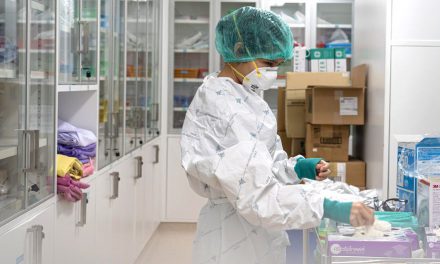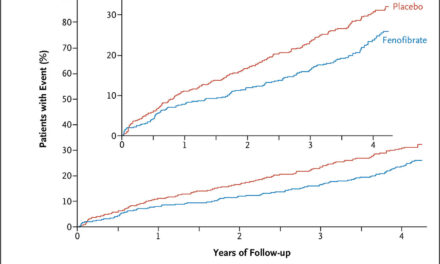Paris, Mar 30 – A revolutionary artificial intelligence (AI) system has demonstrated the capability to predict potentially fatal heart arrhythmias, precursors to sudden cardiac arrest, up to two weeks before they occur. This breakthrough, developed by a collaborative team from Inserm, Paris Cité University, Harvard, and Cardiologs (Philips Group), marks a significant leap forward in preventative cardiac care.
The groundbreaking research, published in the esteemed European Heart Journal, detailed the development of a sophisticated AI-powered neural network. This network was trained and validated using an extensive dataset of over 240,000 ambulatory electrocardiograms (ECGs) collected from patients across six countries. The AI’s ability to identify individuals at high risk of developing serious heart rhythm disorders achieved an accuracy rate exceeding 70%. Notably, the system demonstrated an impressive 99.9% accuracy in confirming low-risk cases, significantly reducing false alarms.
Dr. Laurent Fiorina, from the Paris Cardiovascular Research Centre, highlighted the AI’s unique ability to scrutinize subtle electrical signals of the heart, uncovering critical warning signs that are often missed by conventional methods. “The AI examines minute variations in the ECG data, allowing us to detect patterns that are indicative of impending cardiac events,” Dr. Fiorina explained.
The potential applications of this technology are vast. If further clinical trials validate its effectiveness, the AI could be seamlessly integrated into hospital monitoring systems, portable Holter devices, and even consumer-grade smartwatches. This integration would enable real-time alerts to be sent to both patients and healthcare professionals, facilitating timely interventions and potentially saving countless lives.
Sudden cardiac death remains a major global health concern, claiming over 5 million lives annually. The development of this cutting-edge AI technology offers a promising avenue for early detection and prevention, ushering in a new era of proactive heart health management. Clinical trials are now being organized to assess the real-world performance of this AI system and its impact on patient outcomes.
Disclaimer: While this AI technology shows promising results in predicting cardiac arrhythmias, it is still in the developmental phase. It is not a substitute for professional medical advice. Always consult with a qualified healthcare provider for any health concerns or before making any decisions related to your health or treatment.2 The accuracy rates reported in the study are based on specific datasets and may vary in real-world clinical settings. Further clinical trials are necessary to validate the technology’s effectiveness and safety.












